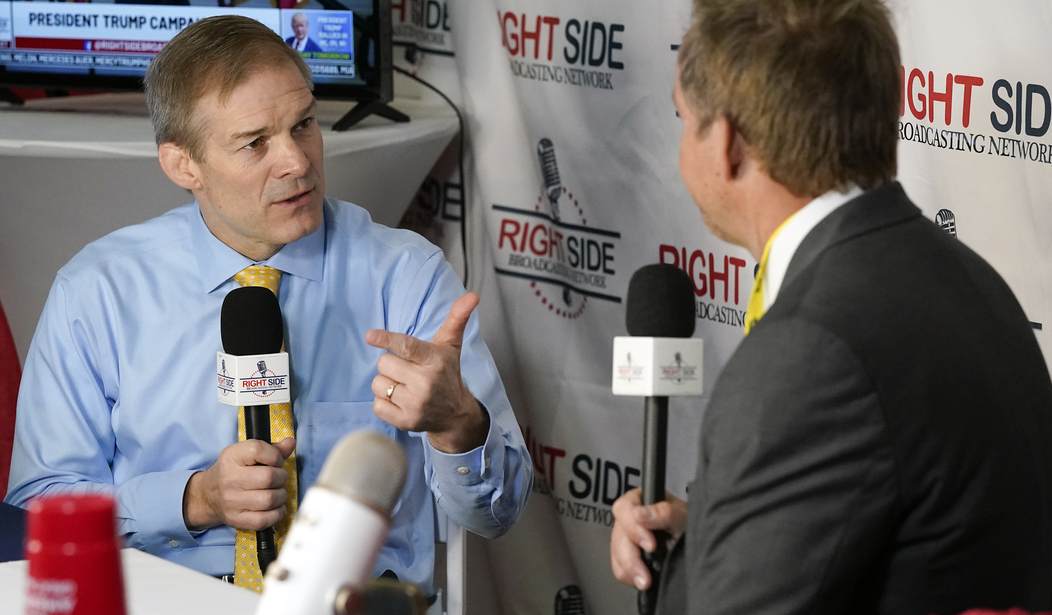One effect of the leftist bias of America's institutions is that authors may reinforce and perpetuate the bias without knowing they are doing so. A case in point is a new and widely-disseminated study by the Washington, D.C.-based Brookings Institution. The study, authored by Valerie Wirtschafter, purports to show that conservative podcasts disseminate far more disinformation than liberal ones do.
The New York Times reported these conclusions on the front page of its business section.
The study identifies, among others, Steve Bannon, the late Rush Limbaugh, Clay Travis and Buck Sexton, and even the rather scholarly Mark Levin as purveyors of "disinformation."
If you are not part of the echo chamber, however, you don't have to go far to see a major defect in the study. According to its narrative, it relied heavily on two “fact check” organizations: Politifact and Snopes. The narrative states:
“[T]he research relied on claims compiled in two different ways. The first was the text of claims or statements “fact-checked” as false by either PolitiFact or Snopes, two independent fact-checking organizations whose 'fact checks' are widely relied upon by the public and members of the media and academia as credible and well-substantiated.”
Thus, Wirtschafter chose Snopes and PolitiFact because they were deemed credible by unspecified members of “the public”and by the media and academia. But, of course, the national media lean left, and the center of gravity in academia is very far left. Naturally, they would tend to give credibility to fact-checkers who also lean left. Human nature being what it is, leftist fact checkers are more likely to conclude that conservatives are trucking in disinformation than liberals are.
Aggravating the problem is this: A major portion of conservative commentary these days is contradicting statements advanced by the national media and by persons in academia. It follows that the media and academia have strong incentives to approve of fact-checkers that criticize conservative commentary.
Recommended
To determine the prejudices, if any, of Snopes and PolitiFact, I consulted the media assessment site “All Sides,” I then tested All Sides by asking it for the bias of a number of conservative media outlets and commentators, among them the Epoch Times, Investor’s Business Daily, the Wall Street Journal (opinion), and the New York Post (opinion). It accurately characterized each of them as “right” or “leaning right.” I then asked All Sides for the bias of MSNBC, Time Magazine, and the Los Angeles Times. All Sides accurately characterized them as “left” or “leaning left.”
Reassured, I asked for the bias of Snopes and PolitiFact. Answer: both “lean left.”
So, to summarize the steps in the Brookings-New York Times process:
The irony is that the Brookings author probably thought she was being objective. But she was caught within her own echo chamber.
P.S: As of this writing, Brookings has declined an invitation from Clay Travis and Buck Sexton to appear on their show to explain its results. That's not a reassuring sign of the study’s defensibility.
Robert G. Natelson, a former constitutional law professor and researcher who is senior fellow in constitutional jurisprudence at the Independence Institute in Denver, authored “The Original Constitution: What It Actually Said and Meant” (3rd ed., 2015).
























Join the conversation as a VIP Member